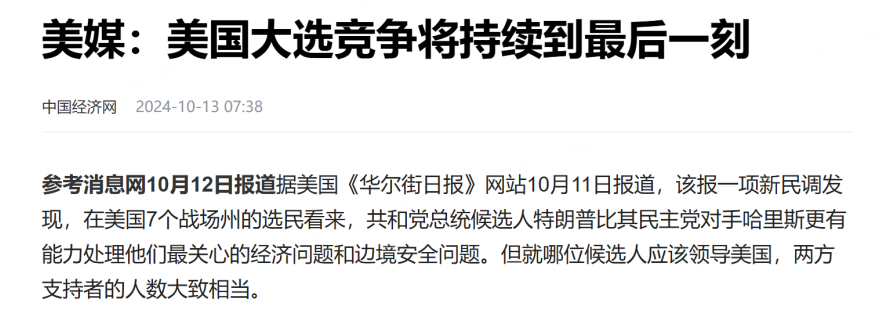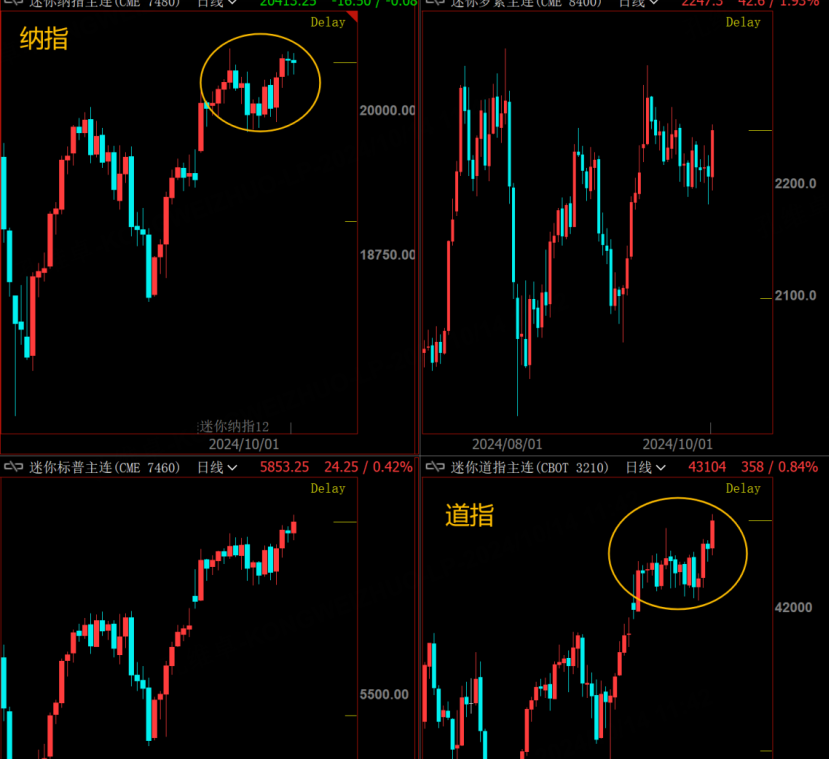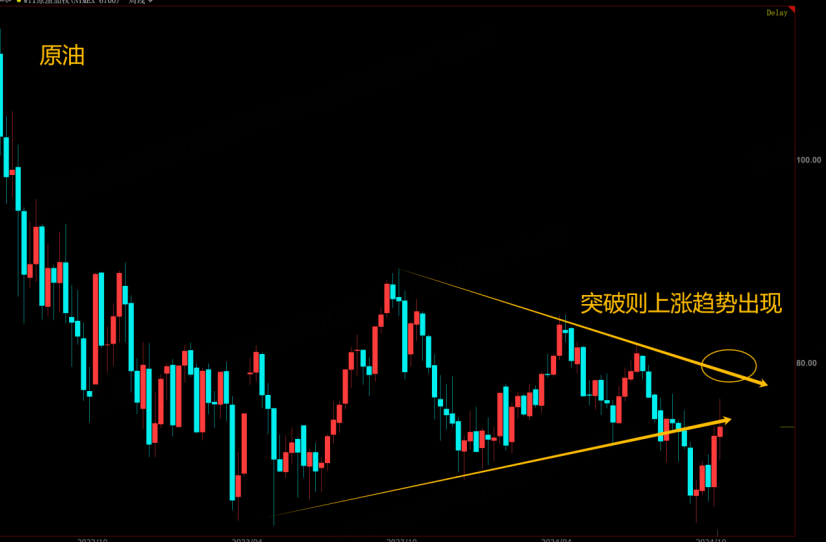How Presidential Elections Affect the Stock Market
The U.S. general election will enter the voting stage on November 5th, and it is less than a month before the polling day. Looking at the current U.S. general election situation, there is still no candidate who can win.
It is conceivable that there may still be many unexpected events affecting the election situation in the follow-up. Therefore, I suggest you wait and see what happens, and there is no need to speculate too much. However, because the platforms of the two candidates in this general election are quite different, whoever is elected will at least affect the policy changes in the next four years.
Impact on U.S. stock indexes during the election period
For the U.S. stock index, the general trend depends on the Federal Reserve. After all, it has entered a cycle of interest rate cuts, which will help increase the valuation of U.S. stocks, but as for increasing the valuation of those stocks, there can be a big difference.
Let's not talk about the recent explosion of Chinese concept stocks (these stocks are not highly related to the US election). Trump's platform clearly supports small and medium-sized enterprises and traditional industries (such as oil truck companies), so it can better represent Trump's market expectations after his election.
Most of the technology giants are funders of the Democratic Party, so the Nasdaq can better represent market expectations after Harris is elected. Indirectly, which index is stronger means which candidate's probability of winning at this stage increases.
Therefore, the Nasdaq and the Dow will still alternate strength and weakness repeatedly before the polling day. The recent strength of the Dow reflects the market expectation of Trump's rising polls. If you have a tendency towards which candidate, you can simply hold an index. Anyway, the general direction has not changed much, just the difference in speed. Let's see what the final election result will be.
The momentum of the expansion of the situation in the Middle East remains unchanged
The "Israeli" fight has become the main logic of the operation of oil prices and gold prices. At present, there is no sign of stopping negotiations. If Israel bombs Iran's oil export facilities, it will cause sudden benefits to oil price supply. Technically, oil prices are currently rebounding to an important mark (around US $78). If the news breaks through, oil prices will get rid of the previous shock range and usher in a new round of rising prices. There is a fight. Since Israel has not ruled out the option of cracking down on Iran's oil export facilities, it is a long-term potential bullish fuse for the future market, so oil prices can no longer be bearish, remember.
As for gold, the previously expected adjustment has ended, and there is really no way to predict such events as the "Israeli-Iraqi fight", so the adjustment range is also smaller than expected. In summary, apart from the economic recession, it is difficult for the current market to make bulk commodities collapse. For the bad news of the collapse, it is better to follow the pace of the market.
$NQ100 Index Main 2412 (NQmain) $$SP500 Index Main 2412 (ESmain) $$Dow Jones Index Main 2412 (YMmain) $$Gold Main 2412 (GCmain) $$WTI Crude Oil Main 2411 (CLmain) $
Disclaimer: Investing carries risk. This is not financial advice. The above content should not be regarded as an offer, recommendation, or solicitation on acquiring or disposing of any financial products, any associated discussions, comments, or posts by author or other users should not be considered as such either. It is solely for general information purpose only, which does not consider your own investment objectives, financial situations or needs. TTM assumes no responsibility or warranty for the accuracy and completeness of the information, investors should do their own research and may seek professional advice before investing.




